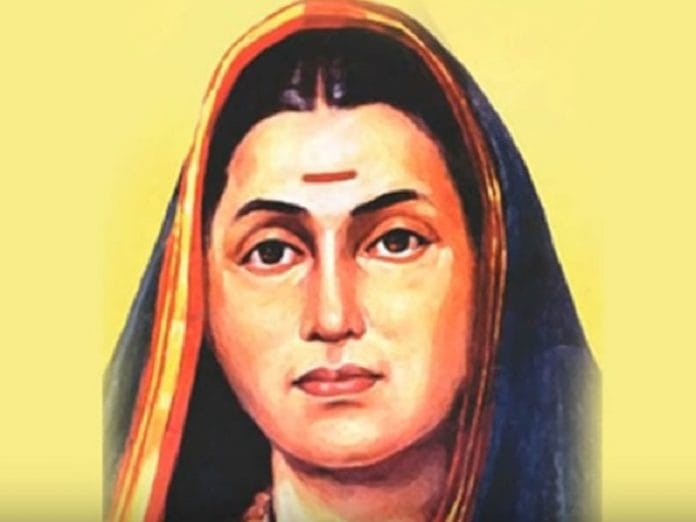From being India’s first woman teacher to leading barbers on strike against shaving widows’ heads, Savitribai Phule pushed India into modernity.
At a time when Dalits in Maharashtra are facing upper caste violence yet again, it would be worth remembering Savitribai Phule’s fight against the dual oppression of caste and patriarchy more than a century ago.
Savitribai, whose 187th birth anniversary is being celebrated on 3 January 2018, is known as one of the makers of modern India. Yet little is known about the woman who challenged caste, patriarchy, and orthodoxy.
In the 19th century, the small Brahmin community of Maharashtra had gained access to Western education, and quickly climbed the rungs of government. But there was a change on the horizon — the British started to rule India, and ‘lower’ castes slowly gained access to education, a great equaliser.
Gaining knowledge
It was during this time that Savitribai was born in Naigaon village of Satara district in 1831.
Savitribai was just nine years old when she was married to Jyotirao Phule, 13. Jyotirao, at the time, was completing his education in a missionary school, which introduced him to ideas of Western rationality, reasoning and logic. He would be deeply influenced by these ideas, and use them as a tool against the Brahminical caste system.
Soon, Jyotirao began teaching Savitribai how to read and write. An extremely intelligent woman, she joined Mrs Farar’s Institution at Ahmednagar and the Norman School in Pune to start training to become a teacher.
Pioneer of Indian education
Savitribai started the first Indian school in 1848 in Bhidewada, and became the country’s first woman teacher and headmistress. The school welcomed students from all caste and class strata, and started with just nine students. At a time when educating girls and women was a radical idea, Savitribai stood her ground in the face of opposition and threats.
It is said that on her way to school, men would pelt stones and throw cow dung at her. Undeterred, she would wear a dirty sari on her commute and change into a new one while teaching. She started many more schools and hostels for students, with funds mostly from British educationists.
“The number of girl students in Jotirao’s (sic) school is ten times more than the number of boys studying in the government schools,” read an article in The Poona Observer in 1852. In the same year, the Education Department felicitated the Phules, after which they opened even more schools.
Breaking other barriers
Education isn’t the only sphere where Savitribai was fiercely breaking barriers. She also started a home for pregnant widows, who were otherwise shamed and shunned. Children of widows were ostracised in society, but Savitribai and her husband adopted Yashwant, the child of a Brahmin widow.
Savitribai wouldn’t leave a single stone unturned in her fight against casteism and patriarchy. She organised barbers to strike against the tonsuring of the heads of widows. As part of the Satyashodhak Samaj (truth seeker’s society) set up in 1833, Savitribai promoted marriages without Brahmin priests. The ceremony required the bridegroom to take an oath of giving education and equal rights to women.
When her husband Jyotirao passed away in 1890, Savitribai broke all norms and lit his funeral pyre. She continued to serve the poor and needy, even during draughts, famines and disease. She passed away 10 March 1897 after having contracted the plague in Pune.
India’s debt to Savitribai Phule is little acknowledged. A social reformer and thinker far ahead of her time, she truly understood intersectionality before it came to be.






